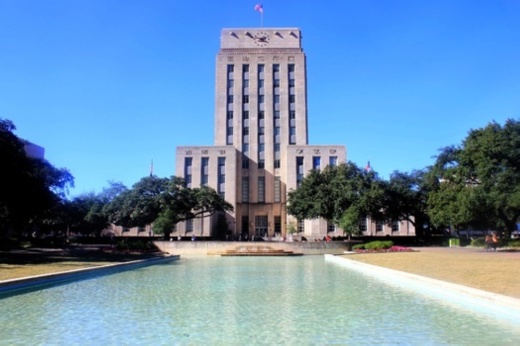The move allows the city to exercise emergency powers as necessary and to qualify for certain state and federal assistance.
"I would much rather history judge us for overreacting than sitting on our heels," Council Member Dave Robinson said.
Houston City Council voted to extend the state of disaster after an initial weeklong declaration was called March 11.
Council Member Greg Travis voted against the declaration after his proposed amendment to have the declaration renewed weekly by City Council was voted down.
“The argument that we have today is that this is going to save lives, but that works for every other disease out there: tuberculosis, hepatitis, chickenpox, smallpox. We will use this argument every year, every month to get what we want done. We need to be rational,” Travis said.
Mayor Pro Tem Dave Martin said that indefinite disaster declarations are the norm when responding to crises, citing previous hurricanes as examples.
“Every administration and every mayor are granted these same powers, if you want to call it that, and someone has to make the decisions,” Martin said.
Council Member Letitia Plummer asked the mayor to form an ad hoc committee to assess how the city can respond to the economic impact of the measures put in place to prevent the spread of coronavirus, including the announcement to close bars and limit restaurant service. Turner committed to forming that committee alongside Council Member Abbie Kamin, who is the chair of the Public Safety Committee.
Most council members expressed support for the March 16 decision to close bars and limit restaurants to takeout-only for 15 days, but some expressed concern over potential long-term effects.
Martin said that the decision was made an hour before the press conference announcing it to the public. He said the city and Harris County originally planned to limit bars and restaurants to 50% capacity but changed those proposals after the Centers for Disease Control and Prevention altered recommendations to limit gatherings to fewer than 10 people instead of its previous recommendation of 50 people.
“Not only do we have to look at what we're doing today, we’ve got to look at the repercussions that are going to happen minute by minute by minute,” he said. “This is the most fluid thing I've ever seen in my 62 years of living, and no one has ever experienced this.”





